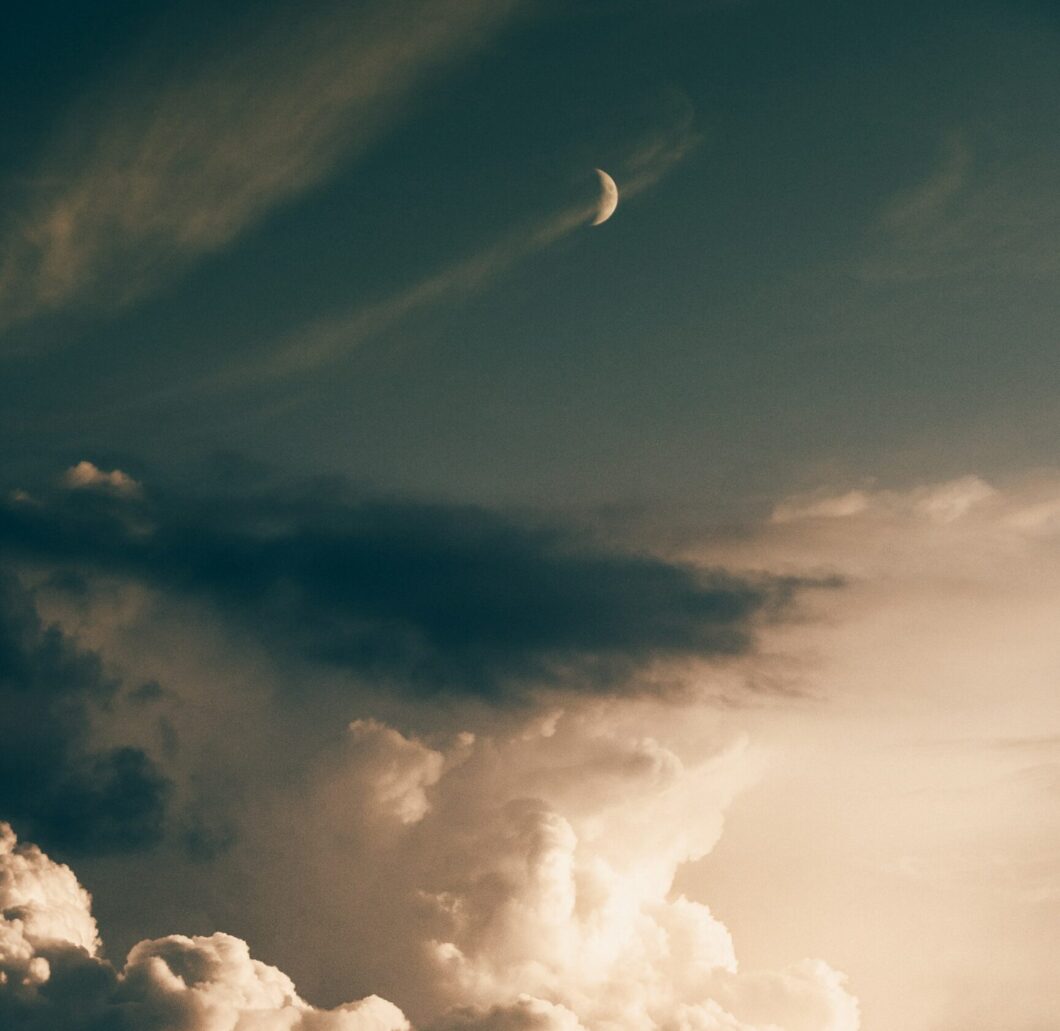Untitled I
After Phil Kaye’s “Canyon”
I lost contact with my obaachan
for a while. My tongue got tangled
from gibberish versions of overhearing
mom’s phone calls with her sisters and the
English alphabet as the sonics of kanji
slipped slowly out of me, left me
speaking in haiku. I begged mom
to reteach me her first language but was pushed
back into a white classroom with Odysseus
and vocabulary lessons while the school’s
speech therapist named Kathy stretched
the corners of my mouth for nine years until I
sounded like their version of a scholar. I can’t
remember the last time we spoke in Japanese.
Even if I press my fingers
against a desk to draw what I wanted to say
in hiragana, I don’t recognize the language I once knew.
When I asked mom to teach me her language
she looked at me,
Don’t you want to survive here?
I squished my cheeks and felt the inside
of my teeth, if there were any words from
my childhood left,
if I could find my voice
inside this American English mouth.
When I got older, I tried to reach out to
obaachan through scattered words
with little memory and whatever consonants
mom laid out for me before she shield away
from speaking the mother tongue.
I still can’t trace the language, but my voice slowly
trails back to its root words.
A Poet’s Slow Return Through a Cento
lines and phrases from Sun Yung Shin, Dao Strom,
Jackie Wang and Theresa Hak Kyung Cha
What brings you here
Though the girl-ghost
has moved on
she is alive in
last month’s moonlight.
She takes the pause
The delivery. She takes it.
Slow.
The pause.
A poet
embraces her lost materials.
Let us talk about light.
Reading the light, sewing a shade;
a haunting
She
is the moon
being what
it is
rewrite, rotate, mutate;
She is
just called into presence by it.
Very softly.
Photo by Siim Lukka on Unsplash

